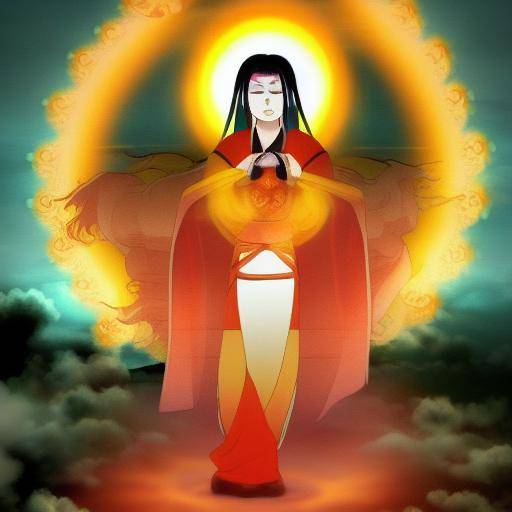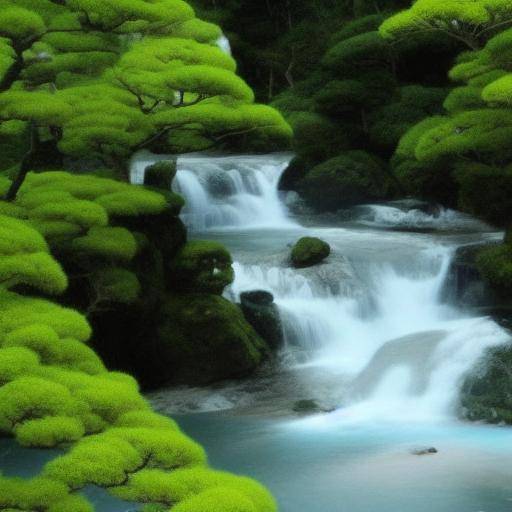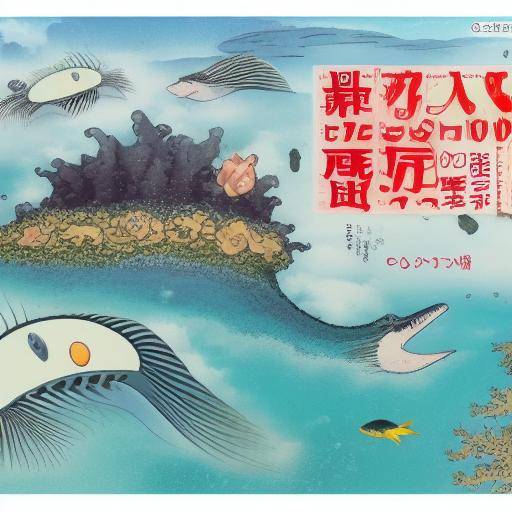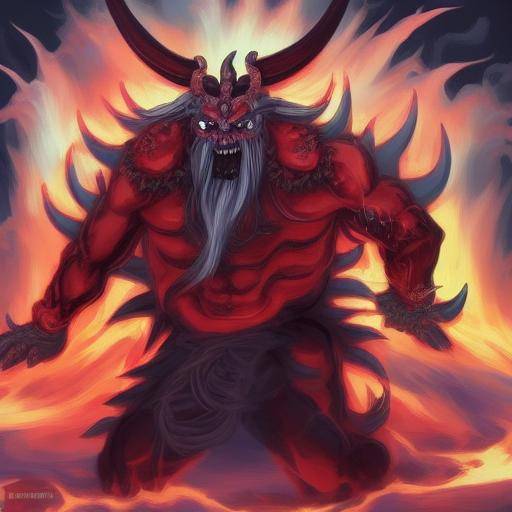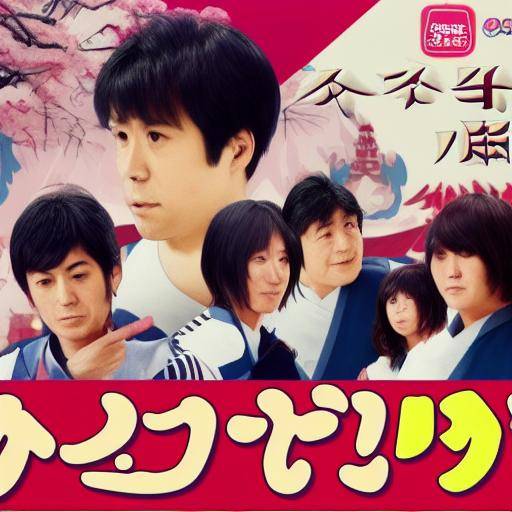
The myths and legends of Japan enclose a fascinating cultural and historical wealth. In this article, we will thoroughly explore one of the most enigmatic beings: the Kappa, an aquatic being that has survived throughout generations and has left an imprint on the Japanese tradition. Throughout this journey, we will discover its origins, its presence in Japanese myths and its meaning as aquatic. In addition, we will explore their evolution in modern society and parallel them with other aquatic beings of Japanese mythology.
Introduction
The Kappa, a mythical creature living in rivers, lakes and ponds, has been the object of fascination and fear in Japanese culture for centuries. His representation in Japanese mythology makes him an enigmatic being that awakens curiosity and wonder. Join us on this journey to unravel the mysteries of the Kappa and its role in the Japanese myths as one of the most emblematic aquatic beings.
History and Background
The origins of the Kappa date back to the ancient times of Japan, where its presence has left an indelible mark on popular culture. It is believed that the first written mention of the Kappa dates back to the fifteenth century, in ancient texts that relate encounters with this aquatic creature. Throughout history, Kappa has been the subject of numerous interpretations and representations both in literature and in art, which has contributed to enriching its legacy in Japanese myths.
During the Edo period, the Japanese folklore popularized the image of the Kappa as a naughty creature that inhabited water bodies, lurking the unawares. It was attributed to both playful and dangerous behaviors, making it a captivating and frightening figure to equal parts.
Analysis in Deep
The appearance of Kappa in Japanese mythology has transcended mere folklore, influencing various aspects of Japanese society and culture. His representation in art, literature and Kabuki theatre has served to keep the tradition of Kappa alive over the centuries. Even in the modern era, Kappa remains a recurring motif in Japanese popular culture, appearing in movies, TV shows and even in contemporary marketing.
Exhaustive examination
The Kappa shares leading role with other aquatic creatures in Japanese mythology, such as the Ryūjin Dragon and the Koi Fish. Although each of these entities has its own distinctive characteristics, its connection with the aquatic element reflects the deep Japanese reverence by nature and its manifestations. In analyzing the interaction between these mythological figures, the complexity and depth of Japan's ancestral beliefs are revealed.
Comparative analysis
Despite its distinctions, Kappa shares surprising similarities with other aquatic beings present in the Japanese myths. The connection with water, the ability to influence the climate and supernatural abilities are common elements that are found in several aquatic creatures of Japanese mythology, reinforcing the cultural importance of veneration for water and nature.
Practical Tips and Accessible Tips
If you ever find yourself exploring Japanese mythology or enjoying the country's rich folklore, here are some practical tips. When visiting lakes, rivers and emblematic ponds in Japan, keep an eye on the representations of Kappa and other aquatic beings in local culture. Diving into these mythological stories will give you a deeper understanding of the Japanese worldview and allow you to appreciate the wealth of your cultural heritage.
Industry Information and Expert Reviews
We have consulted experts in Japanese mythology, who have shared their vision of the legacy of Kappa and its relevance in Japanese myths. According to Dr. Hiroshi Takahashi, a leading researcher of Japanese mythology, "The Kappa represents the duality of human nature: both naughty and protective of nature. His presence in Japanese myths reflects the complexity of the relationship between humanity and the natural world."
Case Studies and Practical Applications
In the entertainment industry, Kappa has been a recurring motive in Japanese popular culture. From movies to video games, their presence as a mysterious and enigmatic being continues to captivate audiences of all ages. Even in tourism, Kappa has been used as an attraction to promote the visit to certain regions of Japan, attracting both locals and international tourists with their unique charm.
Future Trends and Predictions
As globalization influences the spread of Japanese culture, Kappa and other aquatic beings of Japanese mythology are expected to become even more recognizable figures worldwide. His presence in contemporary popular culture will continue to inspire new interpretations and adaptations, keeping alive the essence of Japanese folklore for generations to come.
Conclusions
The Kappa, like being aquatic in the Japanese myths, transcends mero folklore to become a symbol rooted in Japanese identity. His legacy endures over time, reminding us of the importance of preserving and valuing ancestral cultural traditions. By exploring Japanese mythology, we discover a wealth of knowledge and symbols that enrich our understanding of the world around us.
Frequently asked questions
**1. What does the word "Kappa" mean in Japanese culture?**The word "Kappa" refers to an aquatic being of Japanese mythology. In addition, "Kappa" is also the name of a Greek alphabet letter, but in the context of the Japanese myths, it refers to a mythical creature.
**2. What is the role of the Kappa in the Japanese myths?**The Kappa is known for its naughty behavior and is often portrayed as a being that dwells in bodies of water, lurking the unawares. In addition, he is attributed supernatural and mysterious skills.
**3. What similarities do Kappa share with other aquatic beings of Japanese mythology?**The Kappa shares the element of water as its main habitat with other aquatic beings of Japanese mythology, and also shares certain supernatural abilities and behaviors.
**4. What is the impact of Kappa on Japanese popular culture today?**The Kappa remains a relevant figure in Japanese popular culture, appearing in movies, TV shows, video games and other entertainment media. It is also used as a tourist attraction in certain regions of Japan.
**5. What is the cultural meaning of Kappa in Japanese society?**The Kappa represents the duality between the naughty and the protector of nature, serving as a reminder of the relationship between humanity and the natural world in Japanese culture.
**6. Where can I find Kappa representations in Japan?**Kappa's performances can be found in various forms in Japan, including statues in parks, traditional art, local festivals and souvenirs in specialized stores.
With this, we concluded our journey through the fascinating world of Kappa, the aquatic being in the Japanese myths. We hope that this exploration has been enriching and has given you a deeper understanding of the wealth of Japanese mythology. Until the next adventure in the fascinating world of myths and legends!

